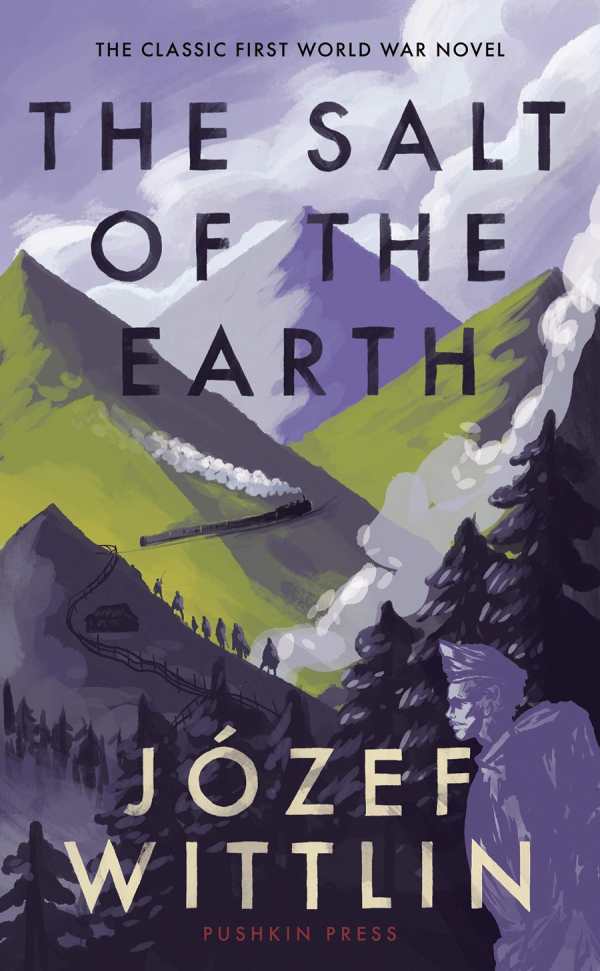The Salt of the Earth
We cannot know war––the terror, gore, long-lasting psychological derangement—if we haven’t marched into battle. Nothing imitated in Hollywood or imagined can approximate the vivid moment an enemy soldier thrusts a bayonet at your chest.
Even so, we try, and the war history book, replete with casus belli, battle strategies, casualty counts, sweeping maps, and the like serves to satiate readers—but in its ability to put us alongside virgin recruits fearfully riding a night train to the front or lay bare the spectacular hubris of a commanding officer stubbornly leading his men in a hopeless charge against superior forces, the great war novel brings us closest of all to war’s madness.
Jozef Wittlin’s 1935 Polish novel The Salt of the Earth introduces Piotr Niewiadomski, the commonest of villagers from Eastern Europe’s remote Carpathian mountains shortly before his Emperor Franz Joseph mobilizes the Austro-Hungarian Empire into World War I. With scarcely a hint of the war’s causes, forty-year old Piotr—bandy-legged, rickets, illiterate, and all—is soon in a cattle car on his way to the Stanislawow garrison in Hungary for training camp. The novel follows him to the moments before he is sent to the front.
Wittlin’s prose is sardonic, seething with irony, and brilliant. Nominated for the Nobel Prize, no less than Thomas Mann called The Salt of the Earth “mythical and epical.”
Reviewed by
Matt Sutherland
Disclosure: This article is not an endorsement, but a review. The publisher of this book provided free copies of the book to have their book reviewed by a professional reviewer. No fee was paid by the publisher for this review. Foreword Reviews only recommends books that we love. Foreword Magazine, Inc. is disclosing this in accordance with the Federal Trade Commission’s 16 CFR, Part 255.

